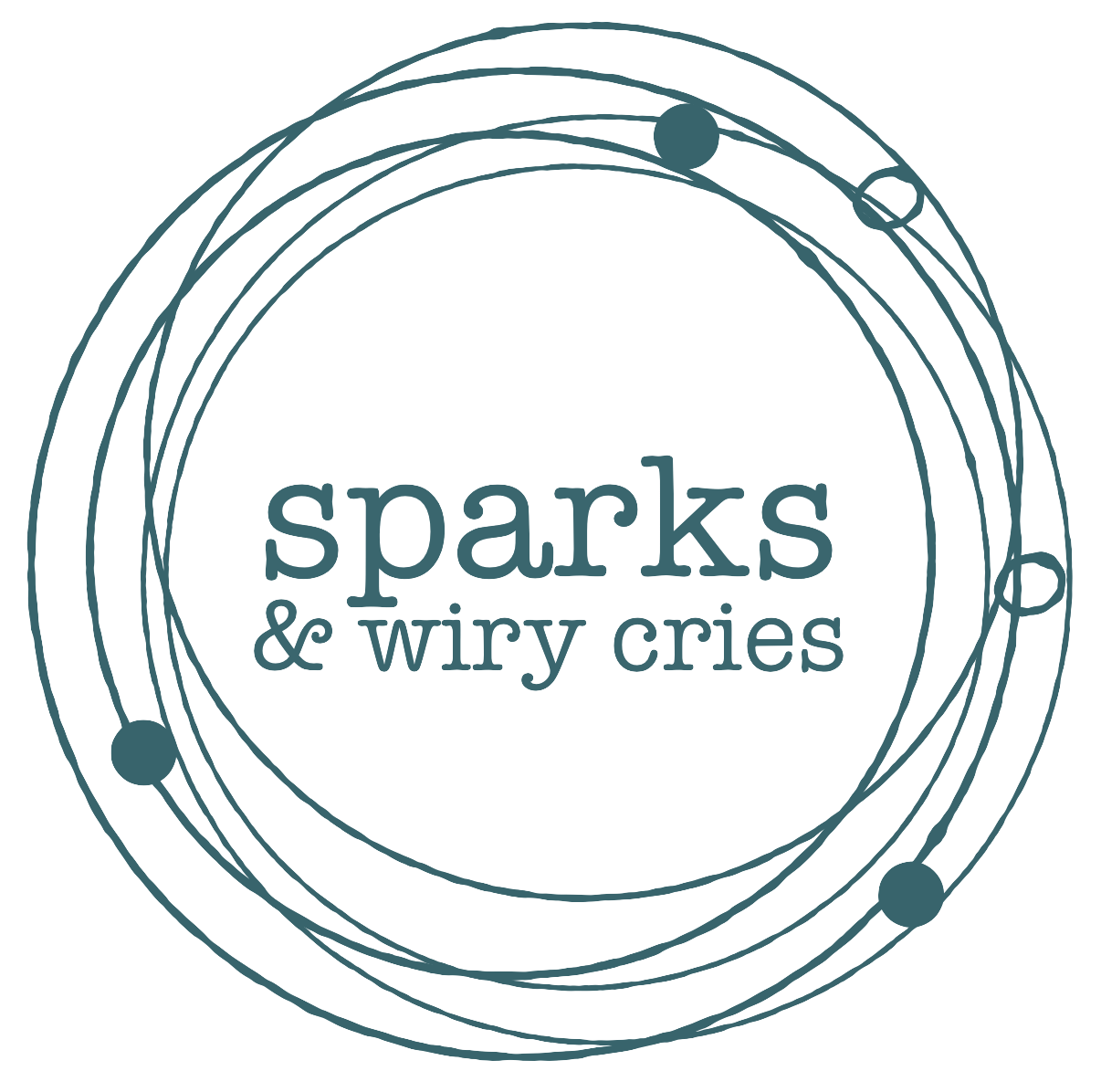ELIZABETH McDONALD: Connecting to Repertoire
DON'T CRY OUT LOUD - SING IT!
The idea of singing folk songs has never appealed to me. I didn’t grow up in a house that sang—we would all have rather hit a baseball or shot hoops; music didn’t figure largely in our ‘family culture’. So when I was asked to be the junior voice adjudicator at the Kiwanis Music Festival in St. John’s, Newfoundland this year, I knew I was in for a serious folk song experience and needed to keep an open mind.
What an education to hear kids between the ages of 7 and 13 sing songs that their grandparents sang, songs that members of their contemporary community had written (think Wayne Chaulk of Buddy Whatsiname and the other Fellers) and songs that they have been singing and playing since they could talk. The themes of love and loss and war and politics and culture and even heavy drinking all sound so wonderfully poignant and real in the voices of young Newfoundlanders! And to top it all off, these classes of folksongs draw crowds of people who clap and holler with appreciation. And then there was me sitting there...moved to tears or laughter by the depth of connection to text and a very simple form of music. Which got me thinking ...
How do I choose repertoire for my university students that will allow them to have the same performance experience as these kids? How can I help them experience a real connection to their texts, which are sometimes in languages they don’t speak? How can I serve their musical needs, their technical needs and their emotional and cultural needs all at the same time?
Recently one of my university singers became engaged and was planning her wedding. At the same time she was also planning her graduating recital. I mused out loud that perhaps she should look at Schumann’s song cycle Frauenliebe und Leben. From there she told me that her Grandmother’s favorite thing in the world was the Bach/Gounod setting of the classic church wedding song Ave Maria and she would also like to incorporate that into her recital. From this personal request, we settled on a grouping of French mélodie that were set to sacred texts. As the clock ticked towards her recital date, I was amazed at the progress she was making technically as she sang these songs that she connected with in the real timeline of her life! Which got me thinking again ...
A few years ago I had a young singer come to her lesson in tears, unable to speak coherently let alone sing. She shared with me that her boyfriend, who was her high school sweetheart, had just told her that he had been ‘cheating’ on her. In an effort to find some musical moment in what was a completely lost lesson, I pulled Mozart’s Als Luise die Briefe ihres ungetreun Liebhabers verbrannt (“As Luise was burning the letters of her unfaithful lover”). Magically she perked up and learned the song faster than anything she had learned in the past. Not only was this experience musically successful but personally cathartic!
Sometimes the things that are so obvious are the things that really work!
To take the idea further, students that might be traveling to Europe over a break get assigned music that is specific to the language and culture they will be experiencing. If they are registered for a ‘Women and Society’ or Culture course, I have them source the music of incredibly strong female composers like Fanny Mendelssohn, Clara Schumann or Pauline Viardot.
It is always a challenge as a studio teacher to find the balance of knowing enough about your students to help them grow musically and personally, without overstepping the boundary of the teacher-student relationship to “crazy, controlling, maternal/paternal teacher”! Paying attention to the little details that they share with you can be a starting point for seeking out interesting repertoire and helping them grow and mature into the adults they want to become. Perhaps if they are from Newfoundland you might consider a simple folk song!
Elizabeth McDonald, Vocal Faculty at the University of Toronto. Elizabeth's blog can be found here.
March 2, 2012






